
Dallas Cowboys
59th Season
First Game Played Septmeber 24, 1960

Historical Moments
Nearly a decade after the one year failure of the Dallas Texans. Clint Murchison, Jr.
, and Bedford Wynne were awarded an expansion franchise in the NFL at the annual league meeting in Miami Beach. The Cowboys were to play as a "swing" team, playing every other team one time during the first season, although listed in the Western Division standings.
On September 24th the Cowboys host the Pittsburgh Steelers at the Cotton Bowl in their first official game. The Cowboys held the lead into the 4th Quarter but watched helpless as Quarterback Bobby Lane led the Steelers to a 35-24 come from behind win.
The Cowboys would go to lose their first ten games before earning a tie with Giants in New York, in the next to last game of the season. The Cowboys would go on to lose their final game of the season to close out their inaugural season winless at 0-11-1.
Dallas Cowboys Best
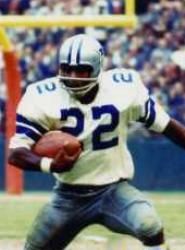
"Bullet" Bob Hayes
1965-1974
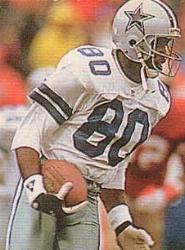
Alvin Harper
1991-1994, 1999
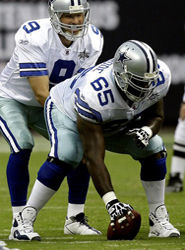
Andre Gurode
2002-2010
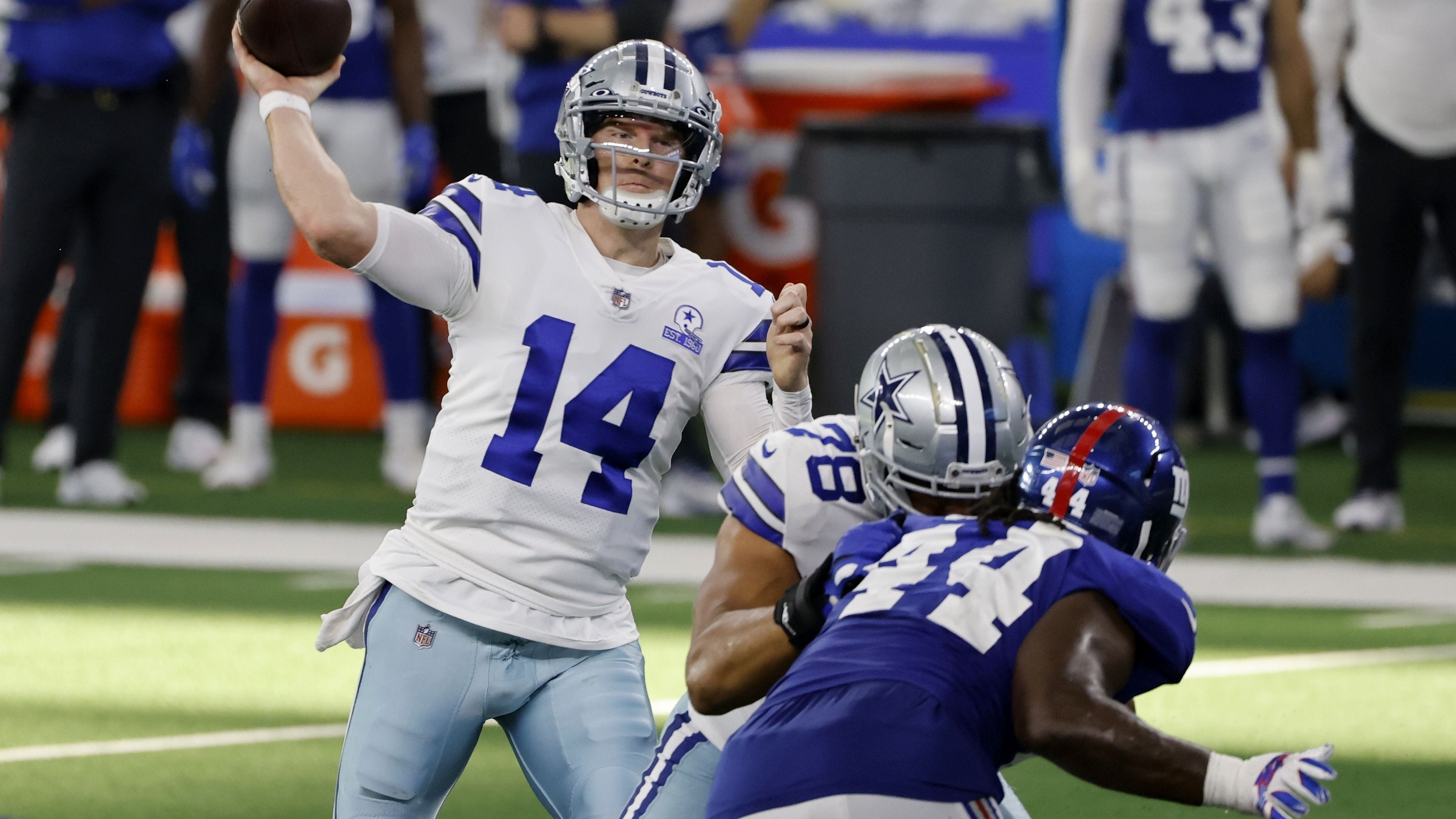
Andy Dalton
2020-Present
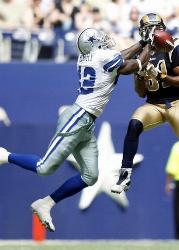
Anthony Henry
2005-2008
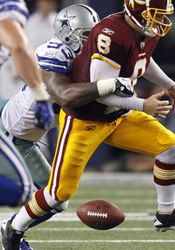
Anthony Spencer
2007-2014
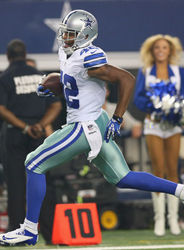
Barry Church
2010-2016
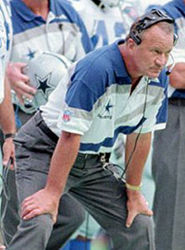
Barry Switzer
Coach 1994-1997
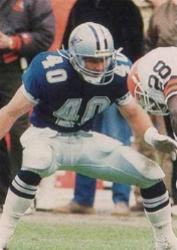
Bill Bates
1983-1997
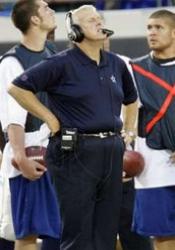
Bill Parcells
Coach 2003-2006
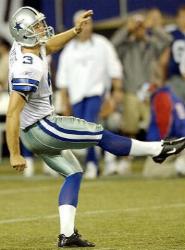
Billy Cundiff
2002-2005
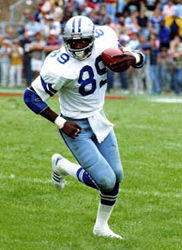
Billy Joe Dupree
1973-1983
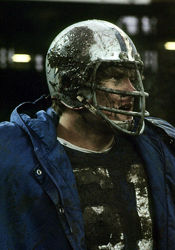
Blaine Nye
1968-1976
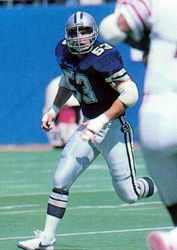
Bob Breunig
1975-1984
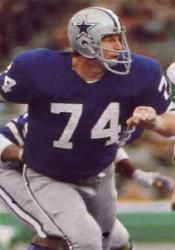
Bob Lilly
1961-1974
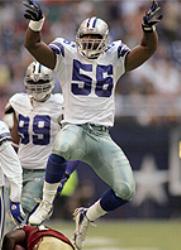
Bradie James
2003-2011
Dallas Cowboys Stadiums
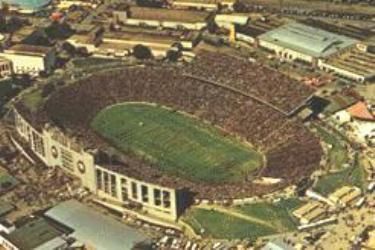
1960-1971
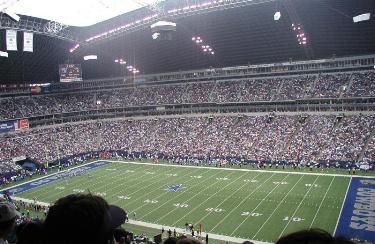
1971-2008
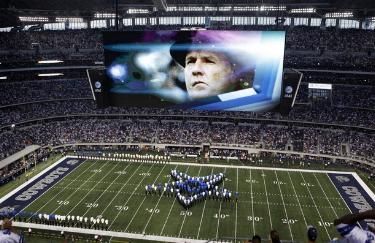
2009-Present
Championship Teams
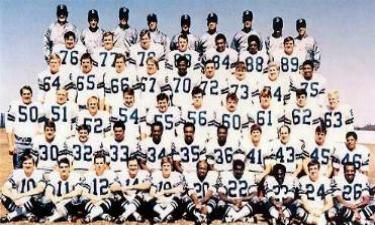
Super Bowl VI Champions (1971)
Dallas Cowboys
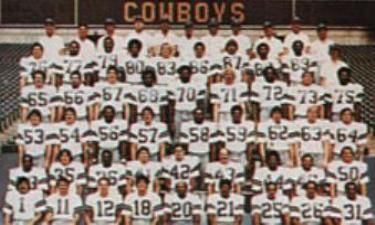
Super Bowl XII Champions (1977)
Dallas Cowboys
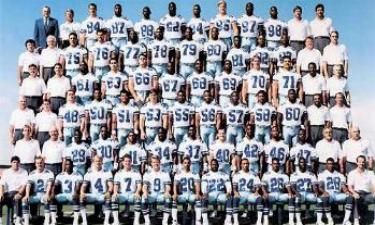
Super Bowl XXVII Champions (1992)
Dallas Cowboys
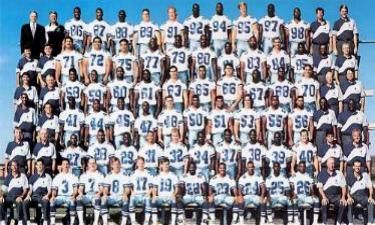
Super Bowl XXVIII Champions (1993)
Dallas Cowboys
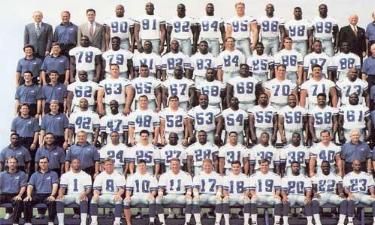
Super Bowl XXX Champions (1995)
Dallas Cowboys